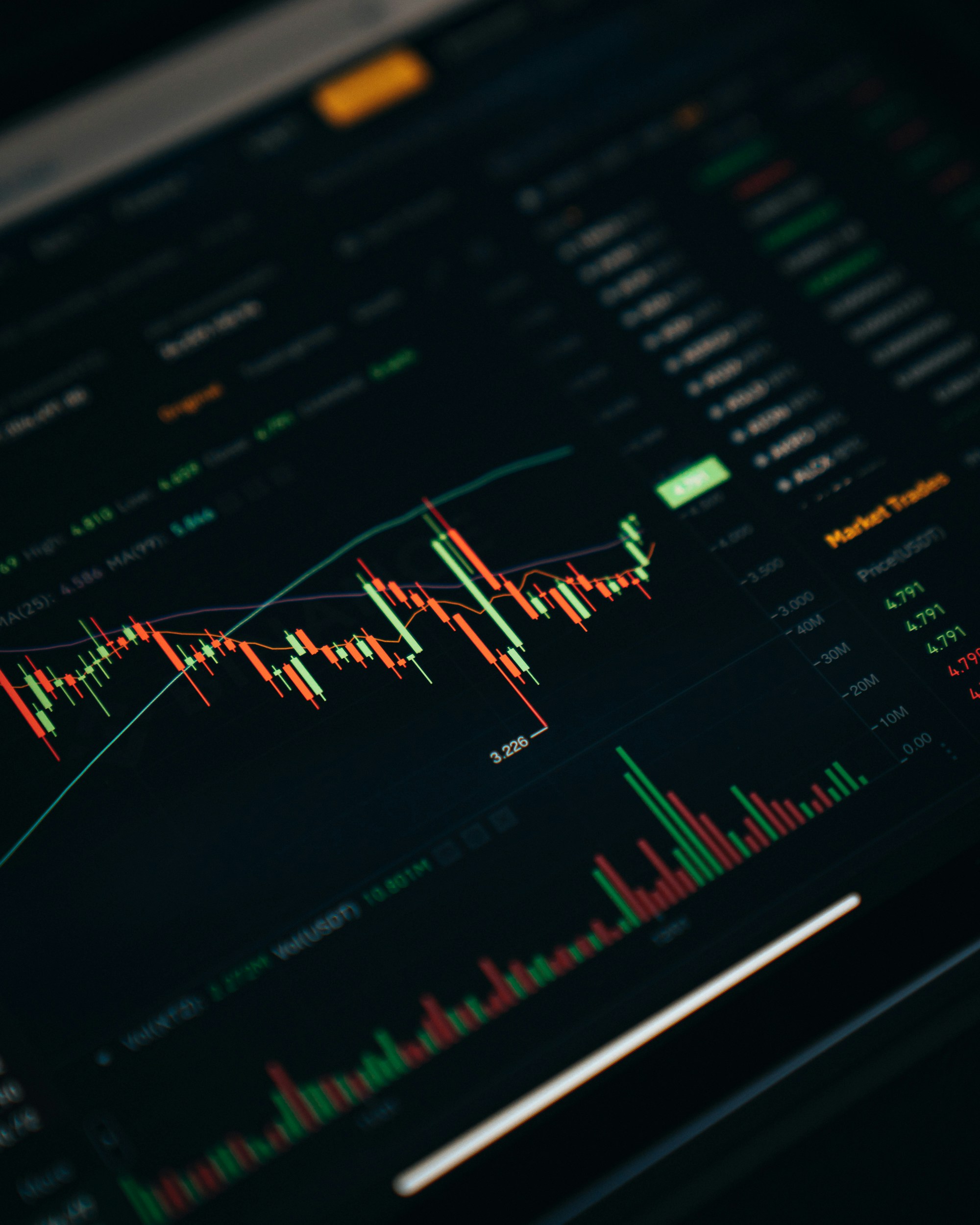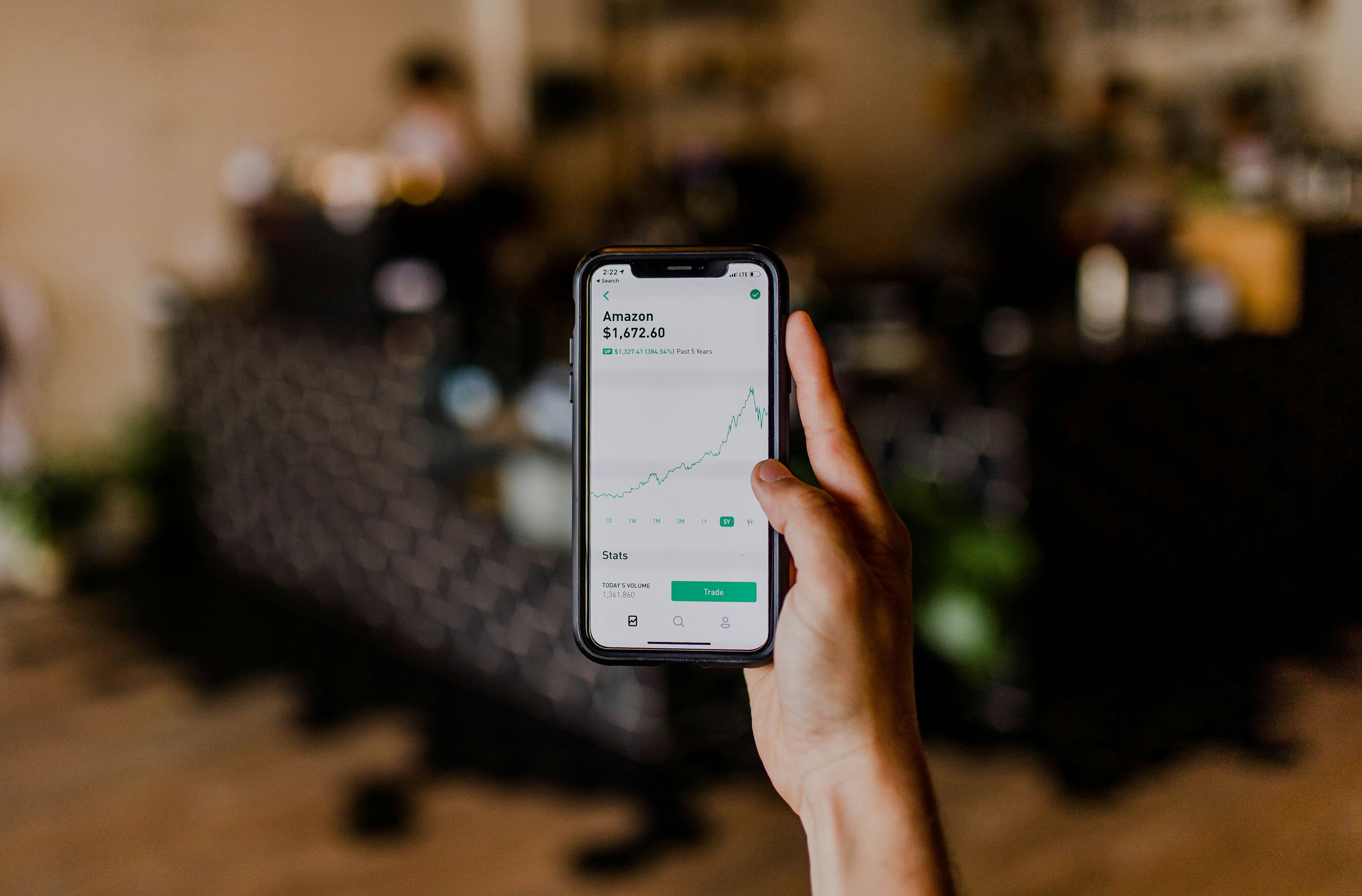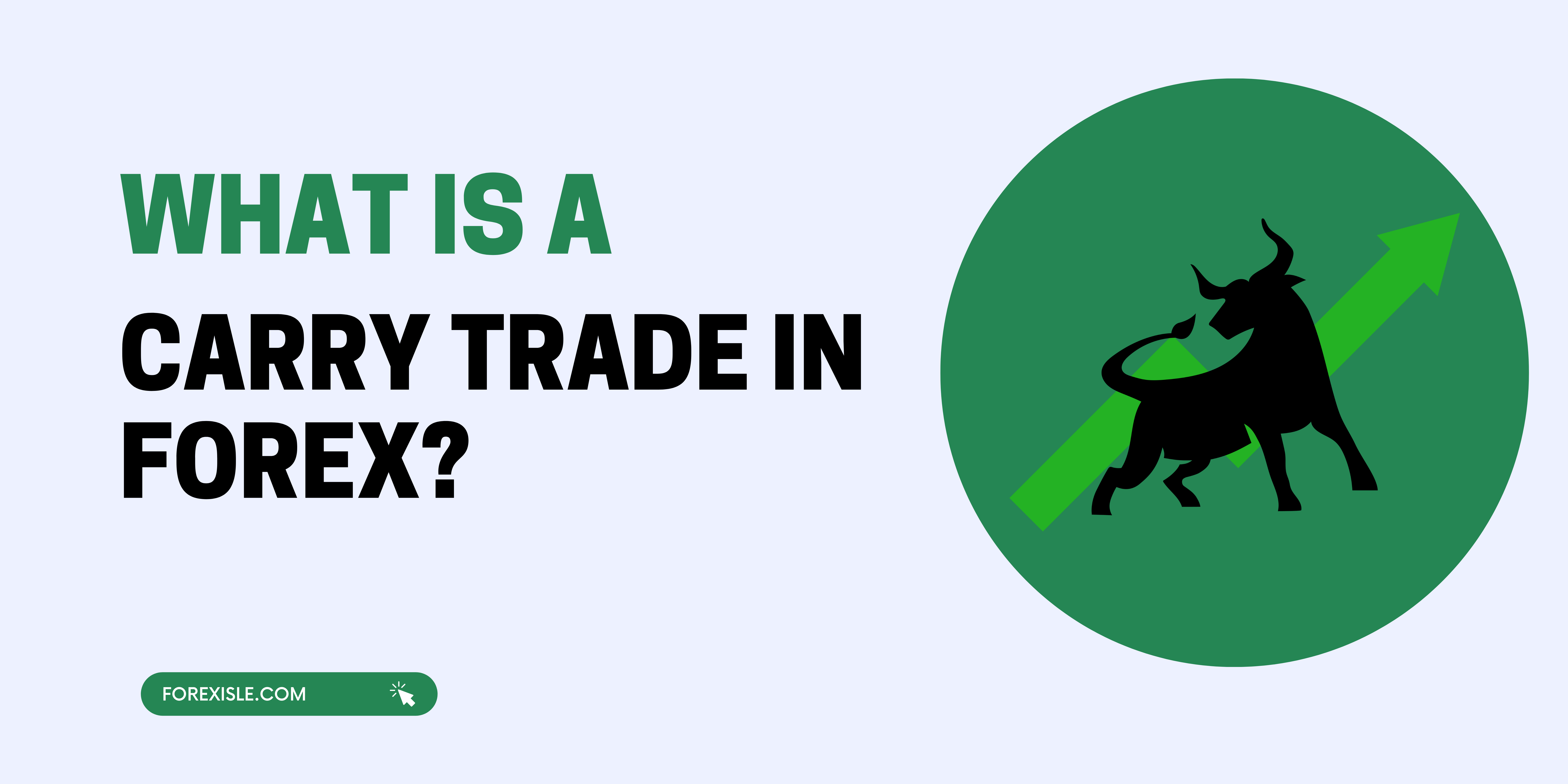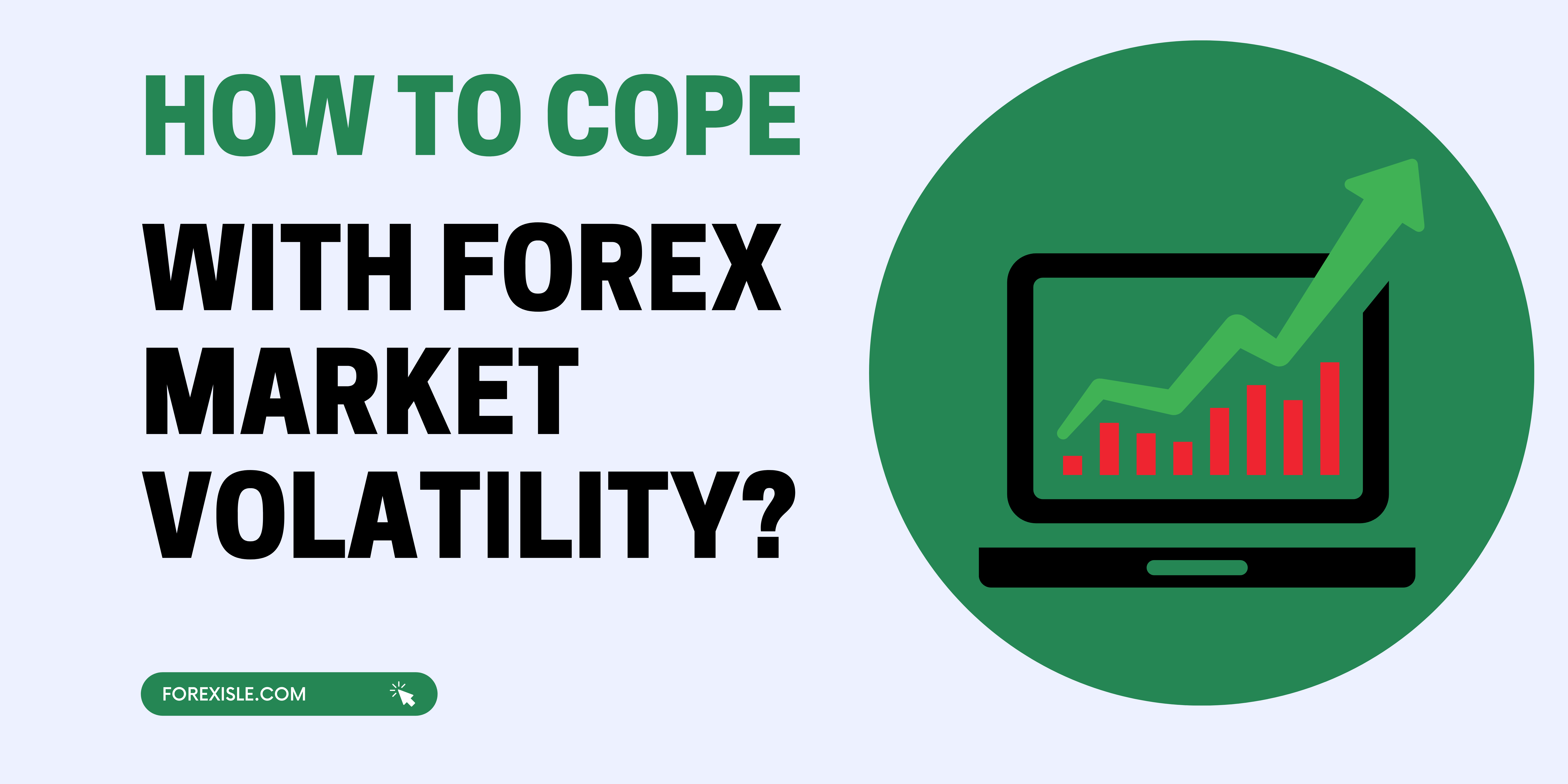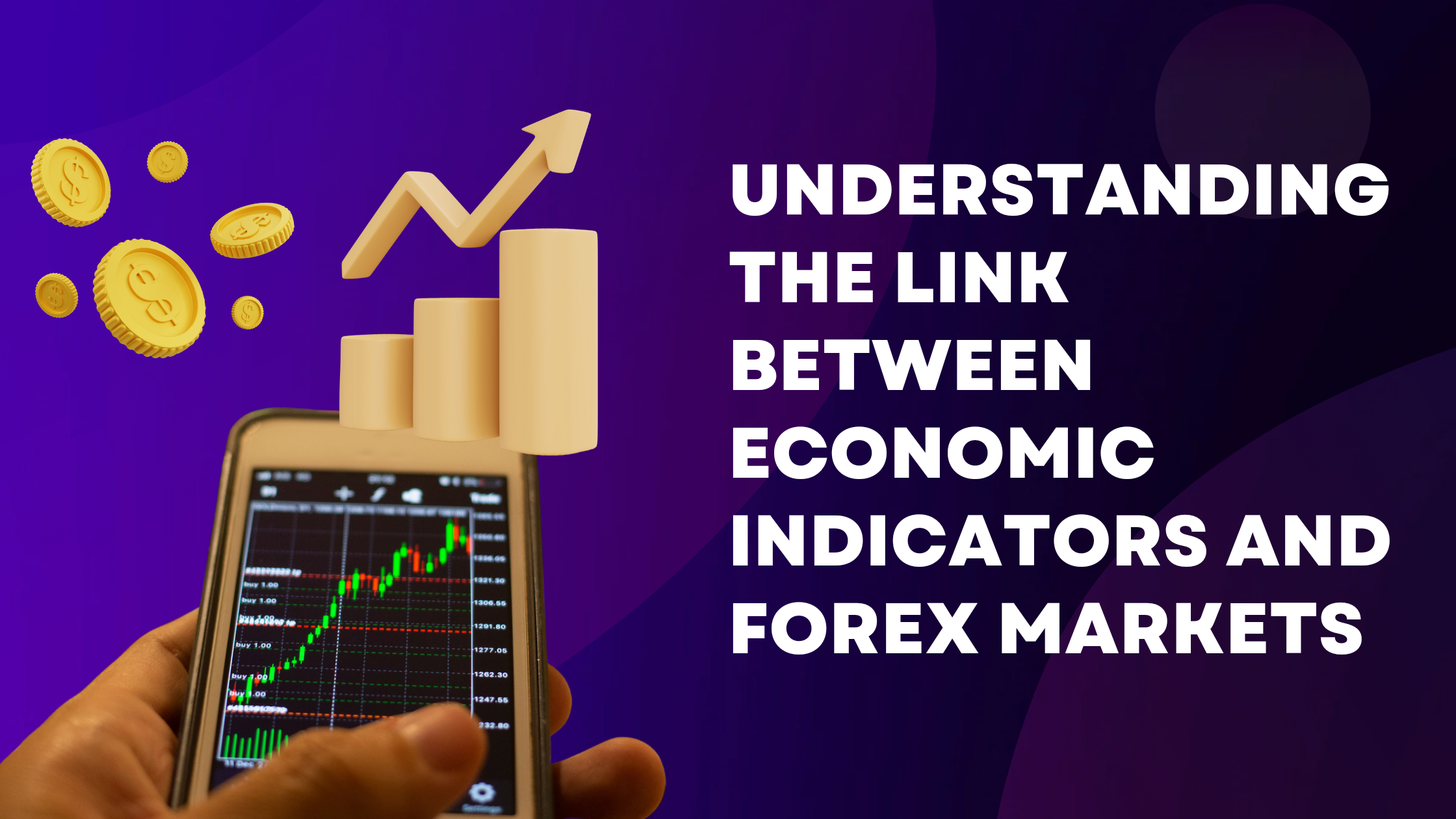If you’ve ever wondered if forex trading is a profitable venture, then this article is for you. Today, we’ll explore the potential of forex trading to generate money and uncover the truth behind the exciting world of currency trading. Join us as we uncover the secrets and realities of trading forex and address the age-old question: can forex trading really make money?
What is forex trading?
Forex trading, also known as foreign exchange trading, is the act of buying and selling currencies in order to make a profit from fluctuations in their exchange rates. It is the largest and most liquid financial market in the world, with an average daily trading volume of around $5 trillion. Forex trading involves exchanging one currency for another in the hopes of profiting from the change in their relative values.
Definition of Forex trading
Forex trading involves the simultaneous buying of one currency and selling of another. When you trade forex, you are essentially speculating on the future movement of currency exchange rates. For example, if you believe that the value of the Euro will rise in relation to the US Dollar, you would buy Euros using US Dollars. If your prediction is correct and the Euro does indeed rise in value, you can then sell the Euros back for a profit.
How Forex trading works
Forex trading takes place in decentralized global markets where participants trade currencies 24 hours a day, five days a week. The market operates through financial institutions, such as banks, and individuals, known as retail traders. Forex trading can be conducted through online platforms provided by forex brokers.
When you trade forex, you are essentially entering into a contract to buy or sell a specific amount of one currency for another at a specified price. These transactions are conducted over-the-counter (OTC) electronically, with prices being quoted by currency pairs.
The basic principle of forex trading is to buy a currency pair when you believe its value will appreciate and sell it when you believe its value will depreciate. The goal is to make a profit by speculating on the direction in which the currency pair will move.
Major participants in forex trading
There are several major participants in the forex market, each with different motivations and interests. These participants include central banks, commercial banks, hedge funds, corporations, and individual retail traders.
Central banks play a significant role in the forex market as they have the power to influence the value of their respective currencies through monetary policy decisions. Commercial banks facilitate forex transactions for their clients and also engage in speculative trading on their own behalf. Hedge funds and corporations trade forex to hedge against currency risk or to take advantage of arbitrage opportunities. Individual retail traders, like you, trade forex to speculate on currency movements and earn profits.
How does forex trading make money?
Forex trading offers the potential for profit by capitalizing on the fluctuations in currency exchange rates. There are several ways in which forex traders make money.
Understanding currency exchange rates
The first step in making money through forex trading is understanding currency exchange rates. Exchange rates represent the value of one currency in relation to another. These rates fluctuate constantly due to various factors such as economic conditions, political events, and market sentiment.
By analyzing these factors and predicting how they will impact currency values, traders can make informed decisions about when to buy or sell currencies. If their predictions are accurate, they can profit from the change in exchange rates.
Making profits from price fluctuations
Forex traders make money by taking advantage of price fluctuations in currency pairs. When a currency appreciates in value relative to another currency, a trader who bought the first currency and sold the second currency can sell the first currency back for a higher amount, thus making a profit.
For example, if you bought the EUR/USD currency pair at 1.1000 and sold it at 1.1500, you would make a profit of 500 pips (percentage in points) or 0.05 cents per euro. The profit is realized by taking advantage of the difference in the exchange rate between the time of purchase and sale.
Leverage and margin trading
Another way forex traders make money is through leverage and margin trading. Leverage allows traders to control larger positions in the market with a smaller amount of capital. For example, with a leverage ratio of 1:100, you can control a position worth $100,000 with just $1,000 of your own capital.
Margin trading involves borrowing money from your broker to open larger positions in the market. By using margin, traders can amplify their potential profits. However, it is important to note that leverage and margin can also increase potential losses, so it is crucial to use them responsibly and with proper risk management.
Factors influencing forex trading profits
Several factors can influence the profitability of forex trading. By understanding and analyzing these factors, traders can make more informed decisions and improve their chances of making profits.
Macroeconomic factors
Macroeconomic factors such as interest rates, inflation, GDP growth, and employment data can have a significant impact on currency exchange rates. The performance of a country’s economy affects the value of its currency. For example, if a country’s economy is growing rapidly, its currency will likely appreciate in value.
Traders need to stay informed about macroeconomic indicators and analyze their potential impact on currency values. This can involve monitoring economic reports, central bank announcements, and geopolitical events.
Political and geopolitical events
Political events and geopolitical tensions can also have a significant impact on currency exchange rates. Elections, policy changes, and international conflicts can cause volatility in the forex market. Traders need to be aware of political developments and how they might affect currency values.
For example, if a country experiences political instability, its currency may depreciate as investors lose confidence in its economy. On the other hand, positive political developments, such as trade agreements or economic reforms, can boost a currency’s value.
Market sentiment and emotions
Market sentiment and investor emotions can play a major role in forex trading profits. Fear, greed, and other emotions can cause traders to make irrational decisions based on short-term fluctuations in the market.
Successful traders learn to control their emotions and make decisions based on analysis and logic rather than fear or greed. They also pay attention to market sentiment, which refers to the overall attitude of traders towards a particular currency or market.
By understanding and analyzing market sentiment, traders can identify potential trends and make more accurate predictions about future currency movements.
Types of forex trading strategies
There are various forex trading strategies that traders can employ to make profits in the forex market. These strategies involve different approaches to analyzing the market and making trading decisions. Here are some common forex trading strategies:
Trend following strategy
The trend following strategy involves identifying and following trends in the market. Traders look for currencies that are consistently moving in one direction and enter trades in the direction of the trend. This strategy assumes that the trend will continue and allows traders to profit from extended price moves.
Counter-trend strategy
The counter-trend strategy involves trading against the prevailing trend. Traders look for situations where a currency is overbought or oversold and is likely to reverse. This strategy requires more skill and experience, as it goes against the current market momentum.
Range-bound strategy
The range-bound strategy involves trading within a defined range of prices. Traders identify support and resistance levels and enter trades when the currency price bounces off these levels. This strategy is suitable for sideways or consolidating markets.
Breakout strategy
The breakout strategy involves trading the breakout of a price range. Traders look for situations where prices break out of a range and enter trades in the direction of the breakout. This strategy aims to capture larger price moves after periods of consolidation.
Carry trade strategy
The carry trade strategy involves taking advantage of interest rate differentials between currencies. Traders borrow in a low-interest-rate currency and invest in a high-interest-rate currency. This strategy aims to profit from the interest rate differential and can be held for an extended period of time.
Traders choose a strategy based on their trading style, risk tolerance, and market conditions. It is important to note that not all strategies will work in all market conditions, and traders may need to adapt their strategies as market conditions change.
Risk management in Forex trading
Risk management is a crucial aspect of forex trading. While forex trading offers the potential for profits, it also carries a significant level of risk. Proper risk management is essential to protect capital and minimize potential losses.
Setting stop losses and take profits
One of the most effective risk management tools in forex trading is setting stop losses and take profits. A stop loss is a predetermined price at which a trader will exit a trade to limit potential losses. A take profit is a predetermined price at which a trader will exit a trade to secure profits.
By setting stop losses, traders can limit their potential losses and protect their capital. Take profits allow traders to lock in profits and avoid the temptation to hold onto a winning trade for too long.
Using risk-reward ratio
The risk-reward ratio is a tool used by traders to assess the potential profit versus the potential loss of a trade. It is calculated by dividing the potential profit of a trade by the potential loss. For example, if a trade has a potential profit of $100 and a potential loss of $50, the risk-reward ratio is 2:1.
By analyzing the risk-reward ratio, traders can assess whether a trade is worth taking based on its potential payout relative to the potential risk. A favorable risk-reward ratio can help traders protect their capital and increase their profitability.
Diversification and asset allocation
Diversification and asset allocation are strategies that can help manage risk in forex trading. Diversification involves spreading investments across different currency pairs or asset classes to reduce the impact of losses on a single trade or investment.
Asset allocation involves determining the proportion of capital to be allocated to different currency pairs or asset classes based on risk tolerance and market conditions. By diversifying and allocating assets, traders can minimize potential losses and maximize potential profits.
It is important for traders to develop and stick to a risk management plan that suits their individual trading style and risk tolerance. This plan should include strategies to protect capital, set realistic profit targets, and manage emotions during periods of market volatility.
Common mistakes in forex trading
There are several common mistakes that traders make in forex trading which can hinder their ability to make consistent profits. By being aware of these mistakes, traders can avoid them and improve their success rate.
Lack of proper education and knowledge
One of the biggest mistakes that traders make is diving into forex trading without proper education and knowledge. Forex trading requires a solid understanding of fundamental and technical analysis, risk management, and trading strategies. Traders should invest time in learning the basics of forex trading before risking their capital in the market.
Failure to develop a trading plan
Another common mistake is trading without a well-defined trading plan. A trading plan outlines a trader’s goals, risk tolerance, trading strategies, and risk management techniques. By having a plan and sticking to it, traders can avoid impulsive decisions and emotional trading.
Emotional trading and lack of discipline
Emotions can be detrimental to forex trading. Greed, fear, and impatience can lead to poor decision-making and irrational trading. Successful traders learn to control their emotions and make decisions based on analysis and logic rather than emotions.
Lack of discipline is another common mistake. Traders may deviate from their trading plan, take unnecessary risks, or overtrade. It is important to maintain discipline and follow the rules and strategies outlined in the trading plan.
Overtrading and chasing losses
Overtrading, or entering too many trades, can lead to losses and exhaustion. It is important for traders to be selective and focus on high-probability trades that meet their trading criteria.
Chasing losses, or trying to recover losses by taking more trades, is another mistake that can lead to further losses. It is important to accept losses and move on rather than trying to recoup losses in a single trade.
Traders should be aware of these common mistakes and take steps to avoid them. By focusing on education, discipline, and risk management, traders can improve their chances of making consistent profits in forex trading.
Technological advancements in forex trading
The advancement of technology has revolutionized the forex trading industry, making it more accessible and efficient for traders. Here are some technological advancements in forex trading:
Automated trading systems
Automated trading systems, also known as algorithmic trading or “trading bots,” use computer programs to execute trades based on predefined rules. These systems can analyze market data, identify trading opportunities, and enter and exit trades without human intervention.
Automated trading systems can help traders execute trades more quickly and accurately, removing the potential for human error. They can also free up traders’ time and allow them to focus on market analysis and strategy development.
Algorithmic trading
Algorithmic trading involves the use of mathematical models and algorithms to analyze market data and execute trades. These algorithms can process vast amounts of data and identify trading signals and patterns that may not be noticeable to human traders.
Algorithmic trading can provide traders with a competitive edge by allowing them to enter and exit trades at optimal times. It can also help reduce the impact of human emotions on trading decisions.
Social trading platforms
Social trading platforms allow traders to connect with and learn from other traders. These platforms enable traders to see and copy the trades of successful traders, making it easier for novice traders to get started in forex trading.
Social trading platforms also provide a forum for traders to share ideas, discuss market trends, and learn from each other. This can help traders improve their skills and stay updated on the latest market developments.
These technological advancements have made forex trading more accessible to a wider range of traders. However, it is important to note that even with the use of technology, successful trading still requires knowledge, skill, and effective risk management.
Regulation and scams in forex trading
The forex market is regulated by various regulatory bodies around the world to ensure fair and transparent trading. However, there are also scams and fraudulent activities in the forex market that traders should be aware of.
Role of regulatory bodies
Regulatory bodies, such as the Financial Conduct Authority (FCA) in the UK, the Commodity Futures Trading Commission (CFTC) in the US, and the Australian Securities and Investments Commission (ASIC) in Australia, oversee and regulate forex brokers and ensure that they adhere to certain standards and guidelines.
Regulated brokers are required to segregate client funds, maintain adequate capital reserves, and provide transparent pricing and trading conditions. They also need to adhere to strict anti-money laundering and know-your-customer regulations.
It is important for traders to choose regulated brokers to ensure the safety of their funds and protect themselves from fraudulent activities.
How to identify and avoid forex scams
Forex scams can take various forms, including Ponzi schemes, fake investment opportunities, and fraudulent brokers. Here are some tips to identify and avoid forex scams:
- Research and due diligence: Before investing with a broker or trading platform, conduct thorough research about their reputation, regulatory status, and track record. Look for reviews and testimonials from other traders and check if there have been any regulatory actions against the broker.
- Unrealistic promises: Be cautious of brokers or trading systems that promise unusually high profits with little or no risk. Forex trading involves risk, and no legitimate broker or system can guarantee huge profits consistently.
- No proper regulation: Avoid brokers that operate in jurisdictions with lax regulations or no regulation at all. Regulation provides a layer of protection for traders and ensures that brokers adhere to certain standards.
- Pressure to deposit: Be wary of brokers or individuals who put pressure on you to deposit funds quickly or make hasty trading decisions. Legitimate brokers will provide you with sufficient time and information to make an informed decision.
- Lack of transparency: Avoid brokers that have complex fee structures, hidden charges, or unclear terms and conditions. Legitimate brokers are transparent about their fees and trading conditions.
Choosing a reputable forex broker
To protect yourself from scams and fraudulent activities, it is crucial to choose a reputable forex broker. Here are some factors to consider when choosing a forex broker:
- Regulation: Ensure that the broker is regulated by a reputable regulatory body. Regulatory bodies impose strict requirements on brokers and provide protection for traders.
- Security of funds: Look for brokers who segregate client funds in separate accounts from their own funds. This provides an extra layer of protection for your funds.
- Trading platforms and tools: Consider the trading platforms and tools offered by the broker. Look for platforms that are user-friendly, stable, and offer features that suit your trading style and preferences.
- Customer support: Check the availability and quality of customer support. A reputable broker should have responsive and knowledgeable customer support representatives who can assist you with your trading needs.
- Trading conditions: Evaluate the broker’s trading conditions, such as spreads, commissions, leverage, and order execution. Choose a broker that offers competitive trading conditions that align with your trading strategy.
By conducting thorough research, being aware of potential scams, and choosing a reputable broker, you can ensure a safer trading experience and protect your funds.
Psychology and mindset in forex trading
Psychology and mindset play a crucial role in forex trading. Successful traders understand the importance of controlling emotions, developing discipline, and maintaining a positive mindset.
Controlling emotions and avoiding impulsive decisions
One of the biggest challenges in forex trading is controlling emotions. Fear, greed, and impatience can lead to impulsive trading decisions and poor risk management.
Successful traders learn to recognize and manage their emotions. They develop strategies to stay calm under pressure, avoid impulsive decisions, and stick to their trading plans. This may involve taking breaks, practicing mindfulness or meditation, or seeking support from mentors or trading communities.
Developing patience and discipline
Forex trading requires patience and discipline. Markets can be unpredictable, and it may take time to see the results of trades. Successful traders are patient and do not rush into trades based on emotions or short-term fluctuations.
Discipline is crucial in following trading plans, managing risk, and avoiding overtrading. Traders need to have the discipline to adhere to their strategies and stay consistent in their approach, regardless of market conditions.
Maintaining a positive mindset
Maintaining a positive mindset is essential in forex trading. Traders need to believe in their abilities, stay resilient in the face of losses, and learn from their mistakes.
Negative thoughts and self-doubt can hinder a trader’s performance. Successful traders focus on the process rather than the outcome, set realistic goals, and celebrate small wins along the way. They also surround themselves with positive influences, such as supportive mentors or trading communities.
Developing a positive mindset takes time and practice. Traders should invest in their personal development and use techniques such as visualization, affirmations, and self-reflection to maintain a positive mindset.
Conclusion
Forex trading offers the potential for profits by capitalizing on the fluctuations in currency exchange rates. By understanding how forex trading works, the factors that influence profits, and employing effective strategies and risk management techniques, traders can increase their chances of success.
However, it is important to note that forex trading is not a guaranteed way to make money. It requires education, knowledge, skill, discipline, and a sound understanding of risk and reward. Traders should be aware of the common mistakes in forex trading and take steps to avoid them.
Advancements in technology have made forex trading more accessible and efficient. Automated trading systems, algorithmic trading, and social trading platforms can enhance traders’ abilities and provide new opportunities. However, it is crucial to use technology responsibly and with proper risk management.
Regulation is important in ensuring a safe and transparent trading environment. Traders should choose regulated brokers and be cautious of potential scams and fraudulent activities.
Psychology and mindset play a significant role in forex trading. Traders need to control their emotions, develop discipline, and maintain a positive mindset to enhance their performance and improve their chances of making consistent profits.
In conclusion, forex trading has the potential to make money, but it requires dedication, education, risk management, and the right mindset. With the proper knowledge and skills, traders can navigate the forex market and increase their chances of achieving success.
